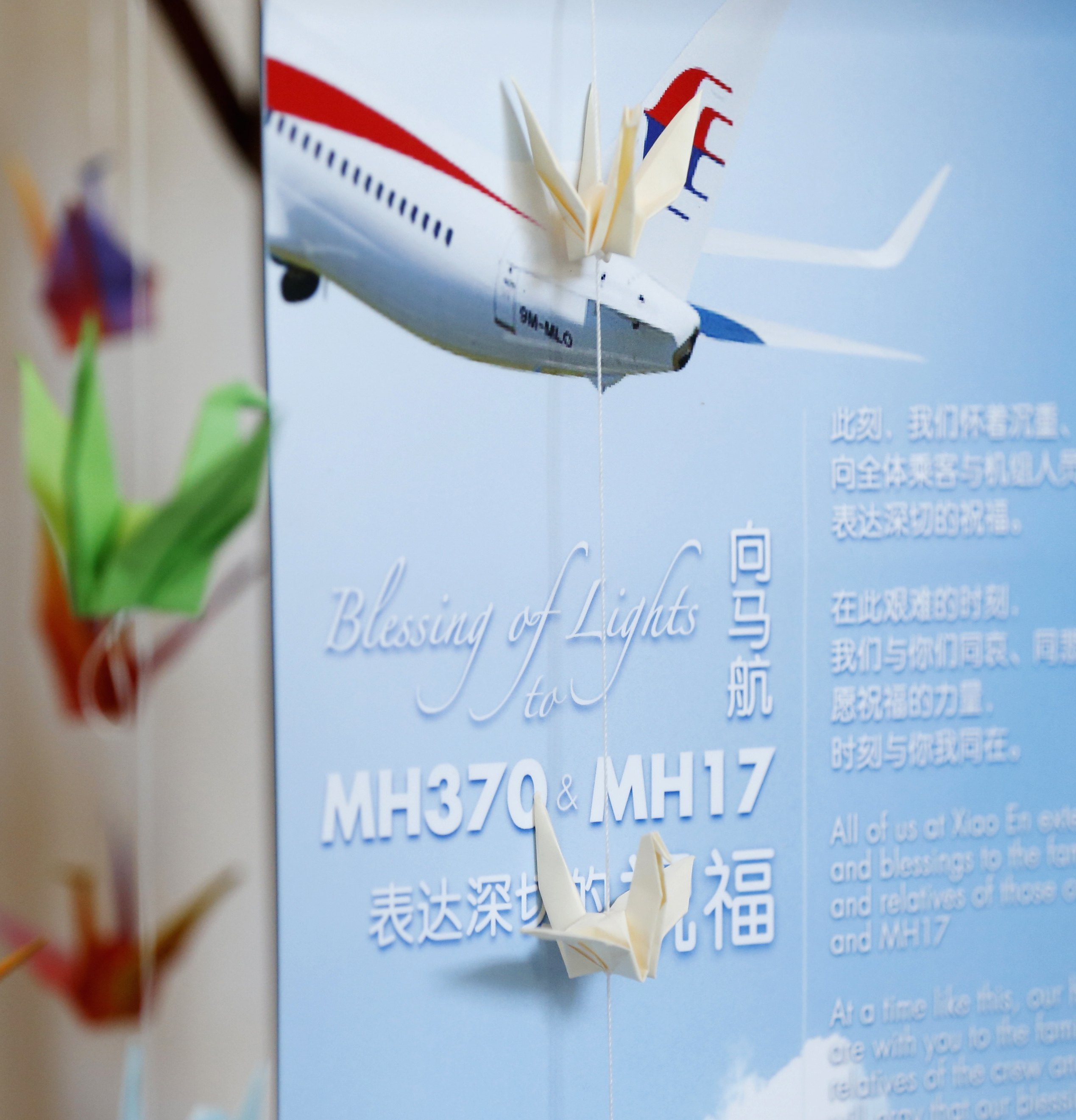
Report: MH370’s underwater locator beacon had expired batteries
The first comprehensive report into the mystery of Malaysia Airlines Flight 370 on Sunday revealed that one of the plane’s batteries — that of the Flight Data Recorder — had expired more than a year before its March 8, 2014 disappearance. The expired battery — unnoticed by maintenance crews due to a computer glitch — meant that searchers would have had lesser chance of locating the aircraft in the Indian Ocean, where it is believed to have crashed, even if they were in its vicinity. The 584-page report by an independent investigation group went into minute details of the crew’s lives, the maintenance of the plane and many other details about the flight, finding that, aside from the expired batteries, MH370 should have been a normal flight.
Together with our international partners, we have followed the little evidence that exists. Malaysia remains committed to the search, and hopeful that MH370 will be found.
Malaysia Prime Minister Najib Razak, about the search for MH370, now in its second year
Malaysia’s transport minister Liow Tiong Lai said that while he remains hopeful that the search for MH370 in the southern Indian Ocean will produce results, they will be forced to “go back to the drawing board” if nothing is recovered by the end of May. The aviation industry is examining new ways of how to track jets when over the open sea. Airlines and regulators spent the past year debating how much flight tracking is necessary, balancing the economic costs against reassuring travelers another plane won’t disappear. Now a plan is moving forward that would require airlines to know their jets’ positions every 15 minutes by the end of 2016.

World MH370